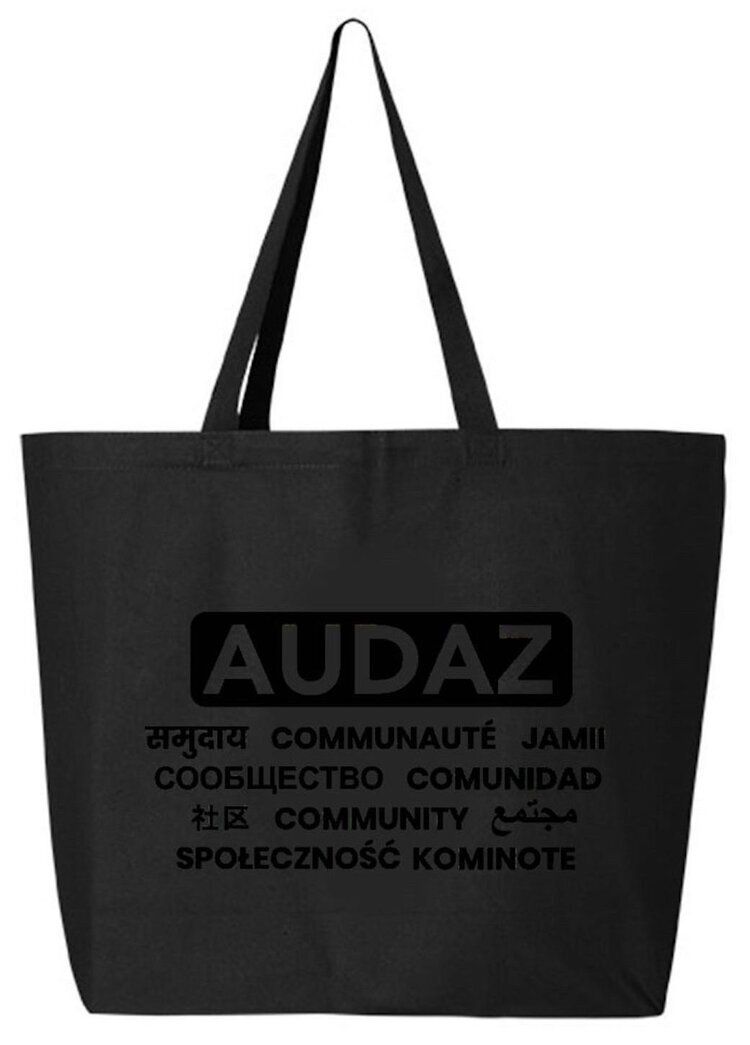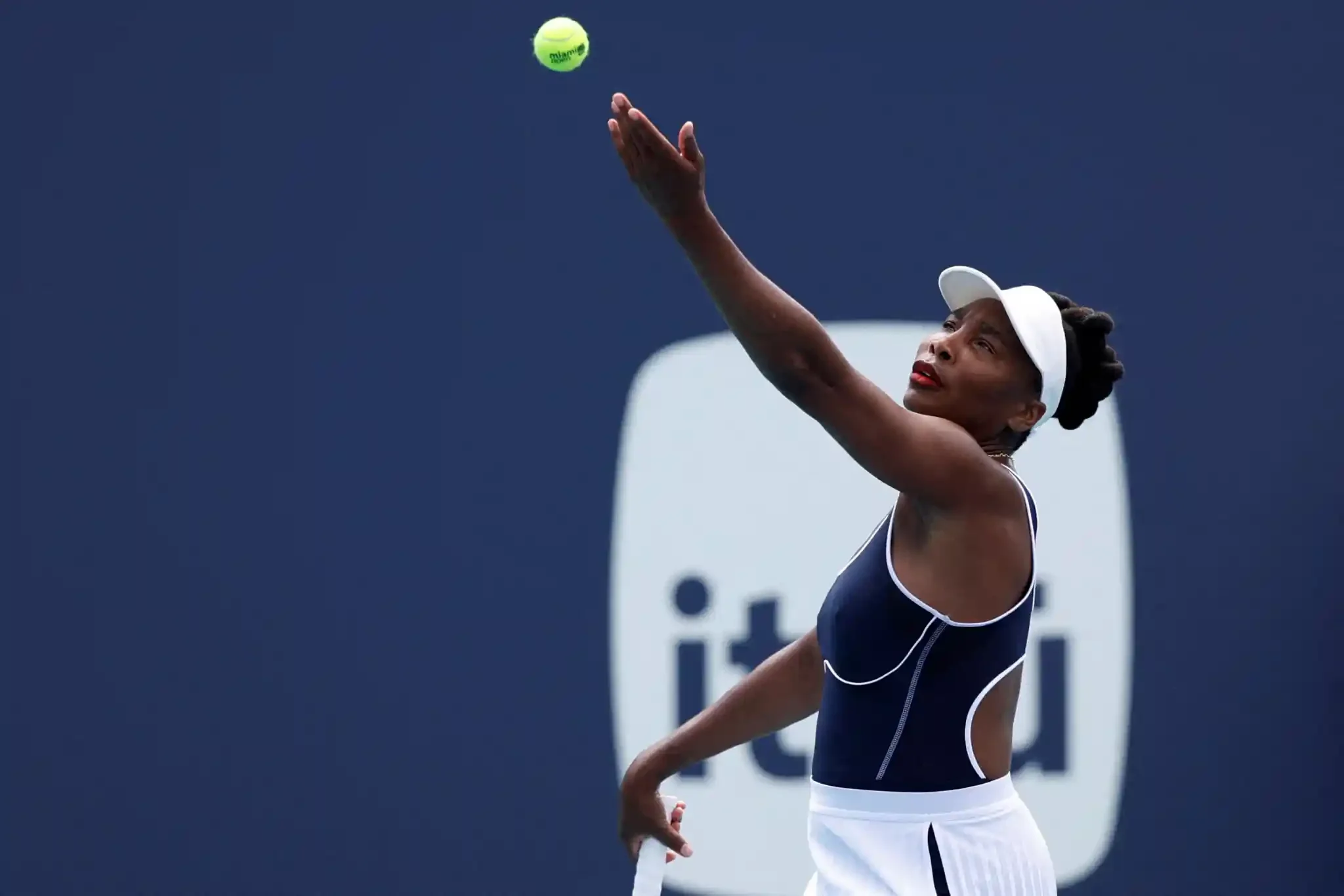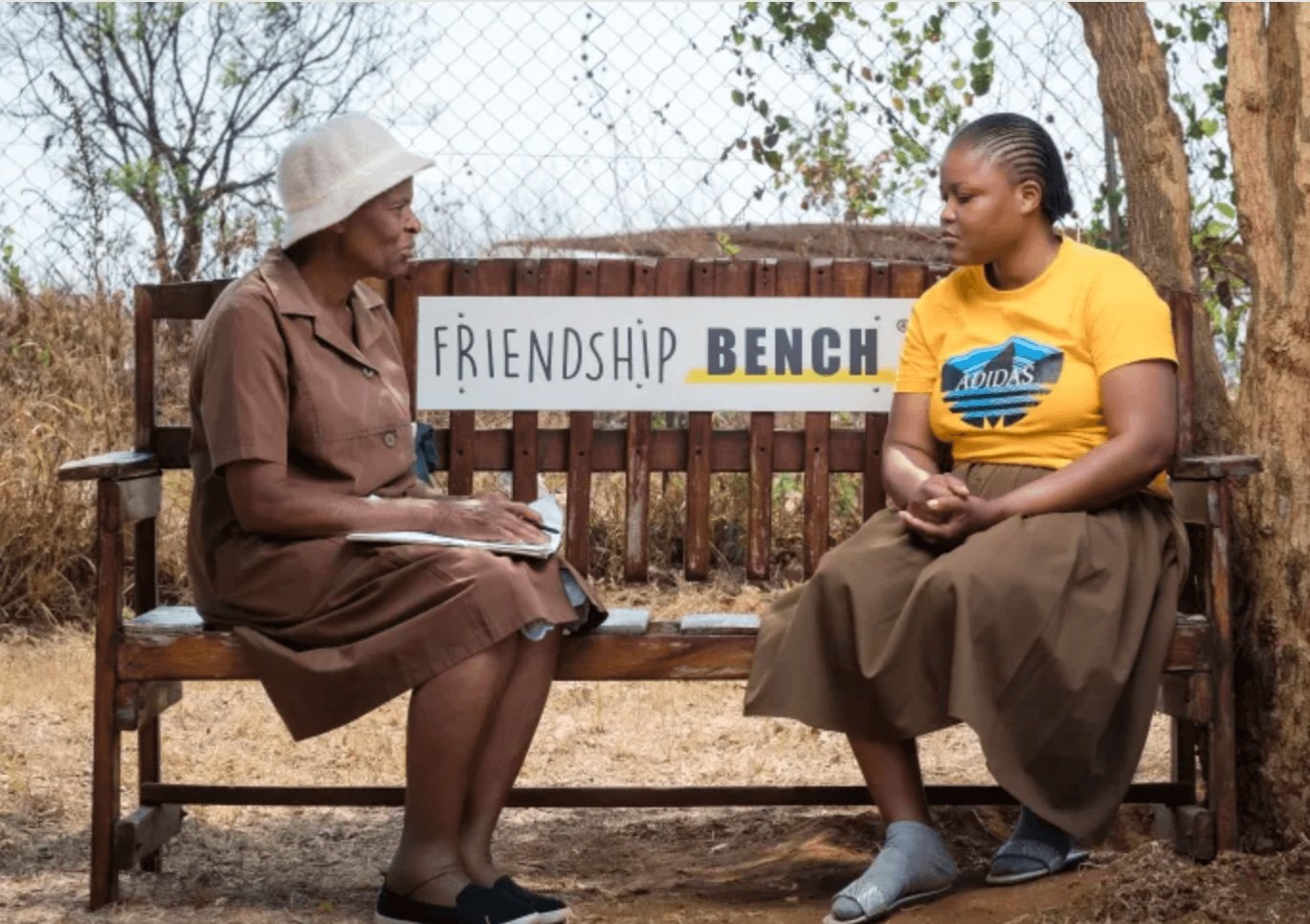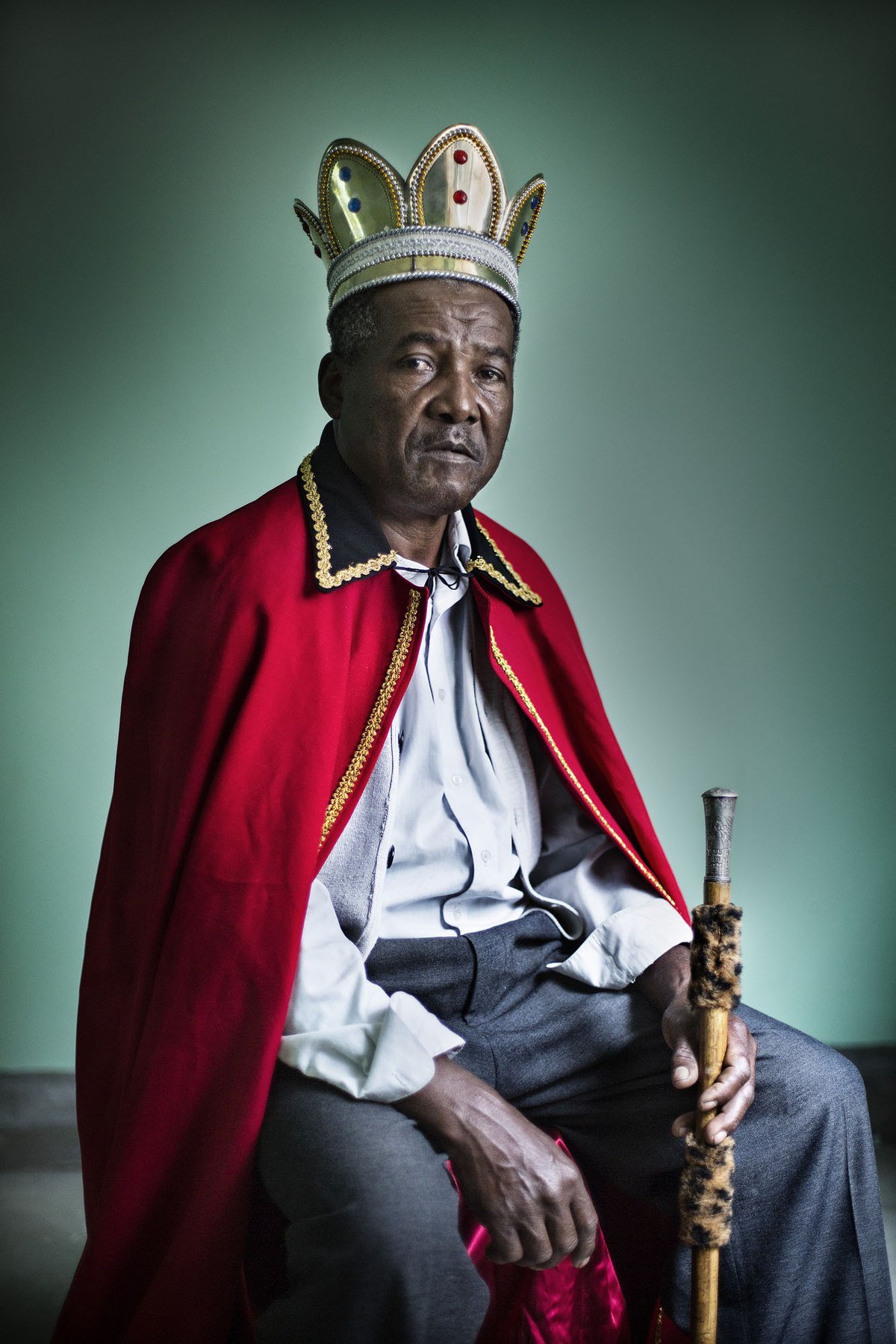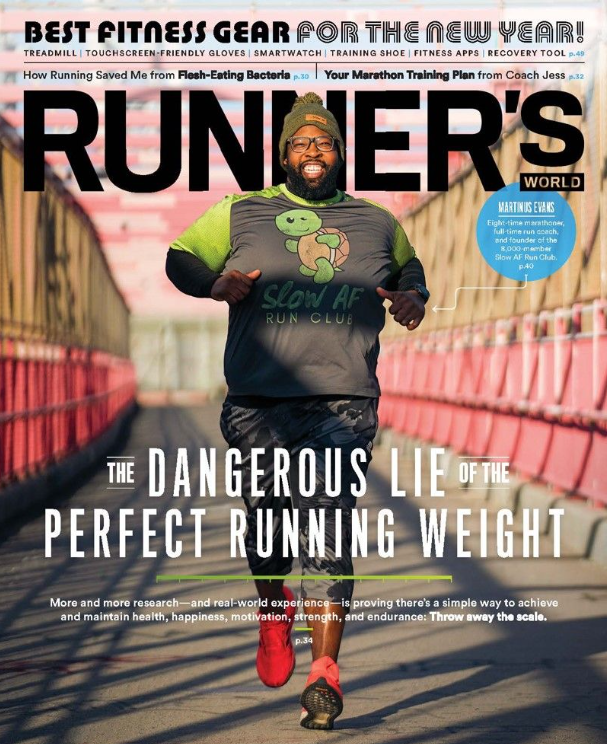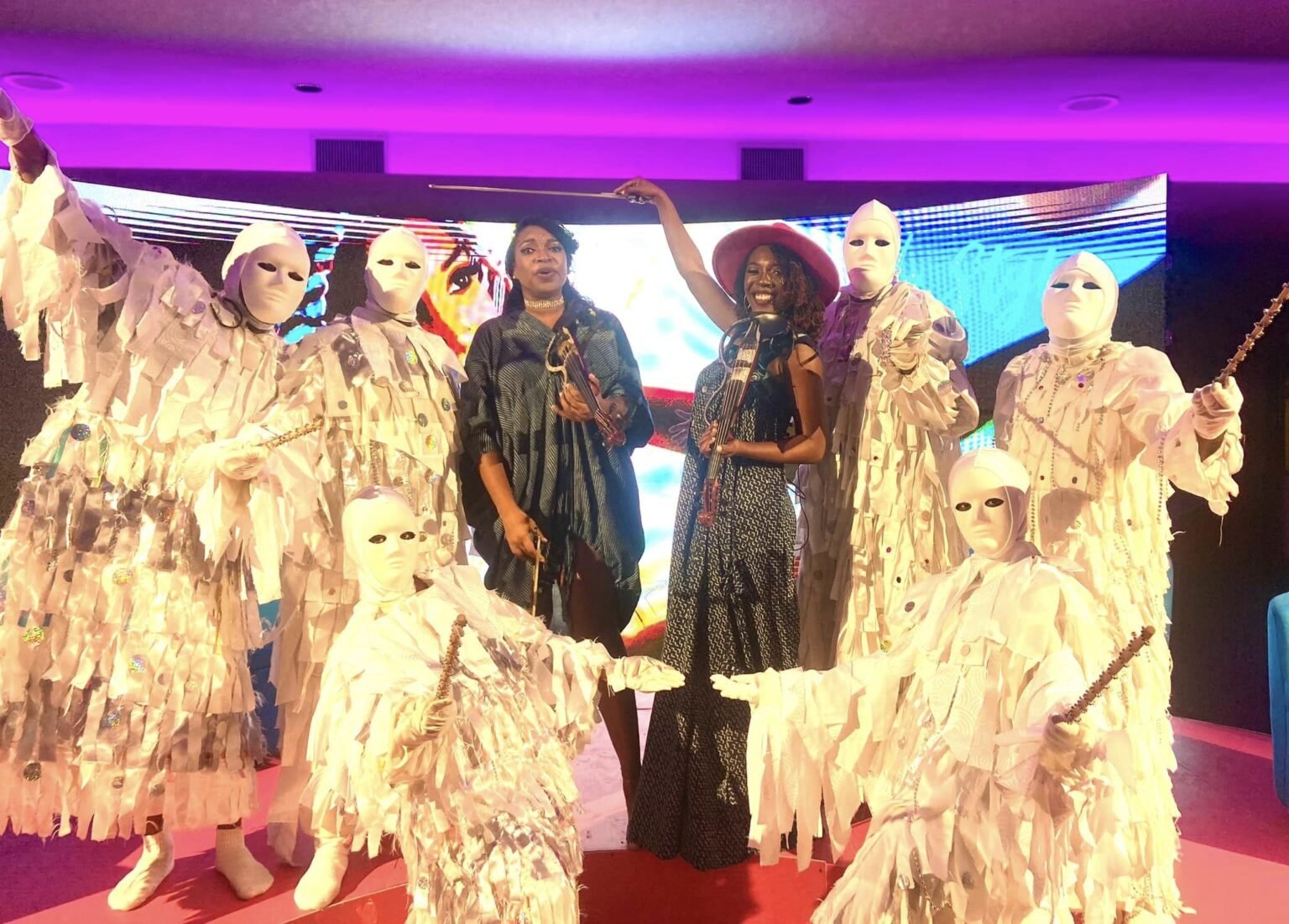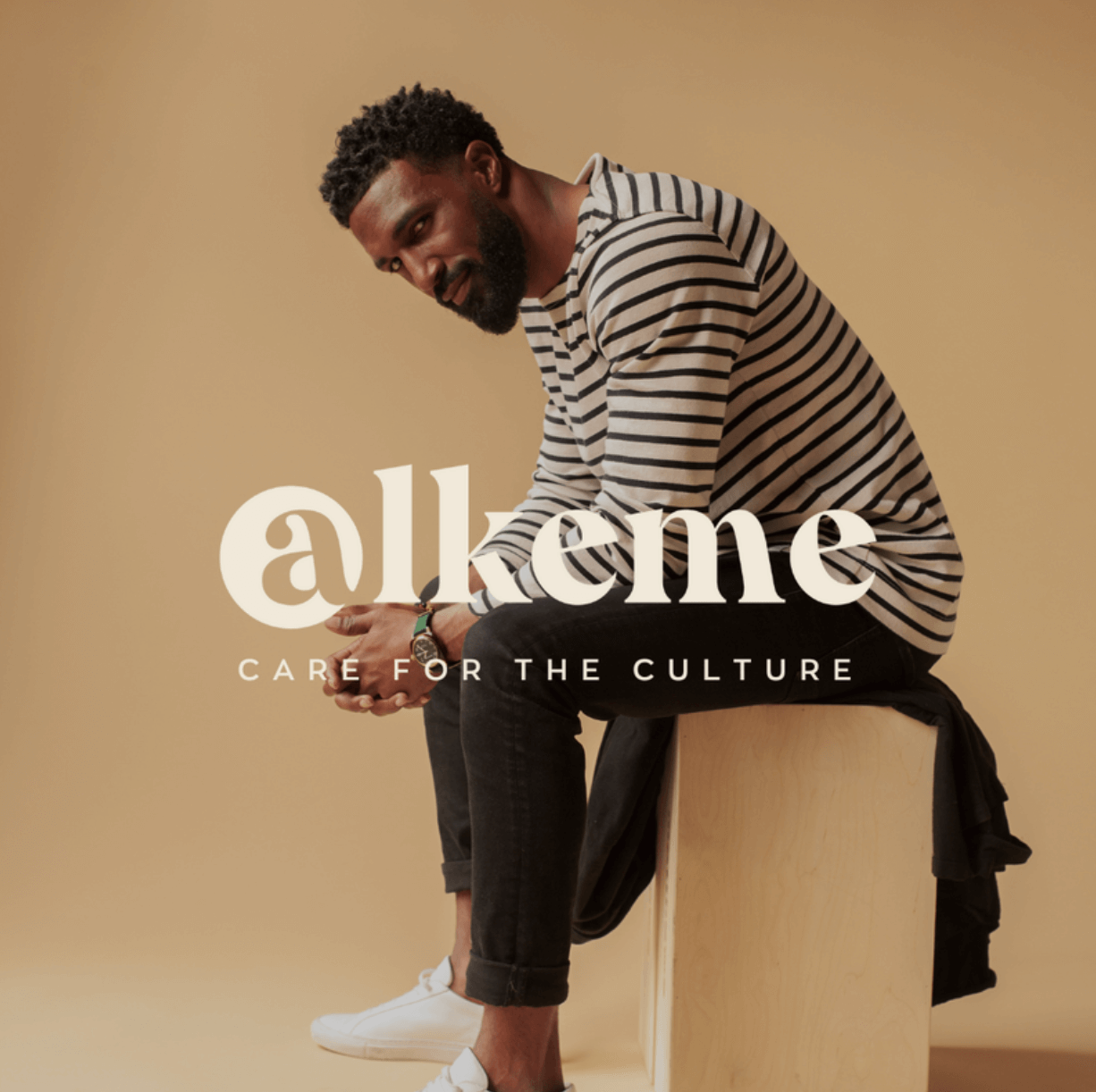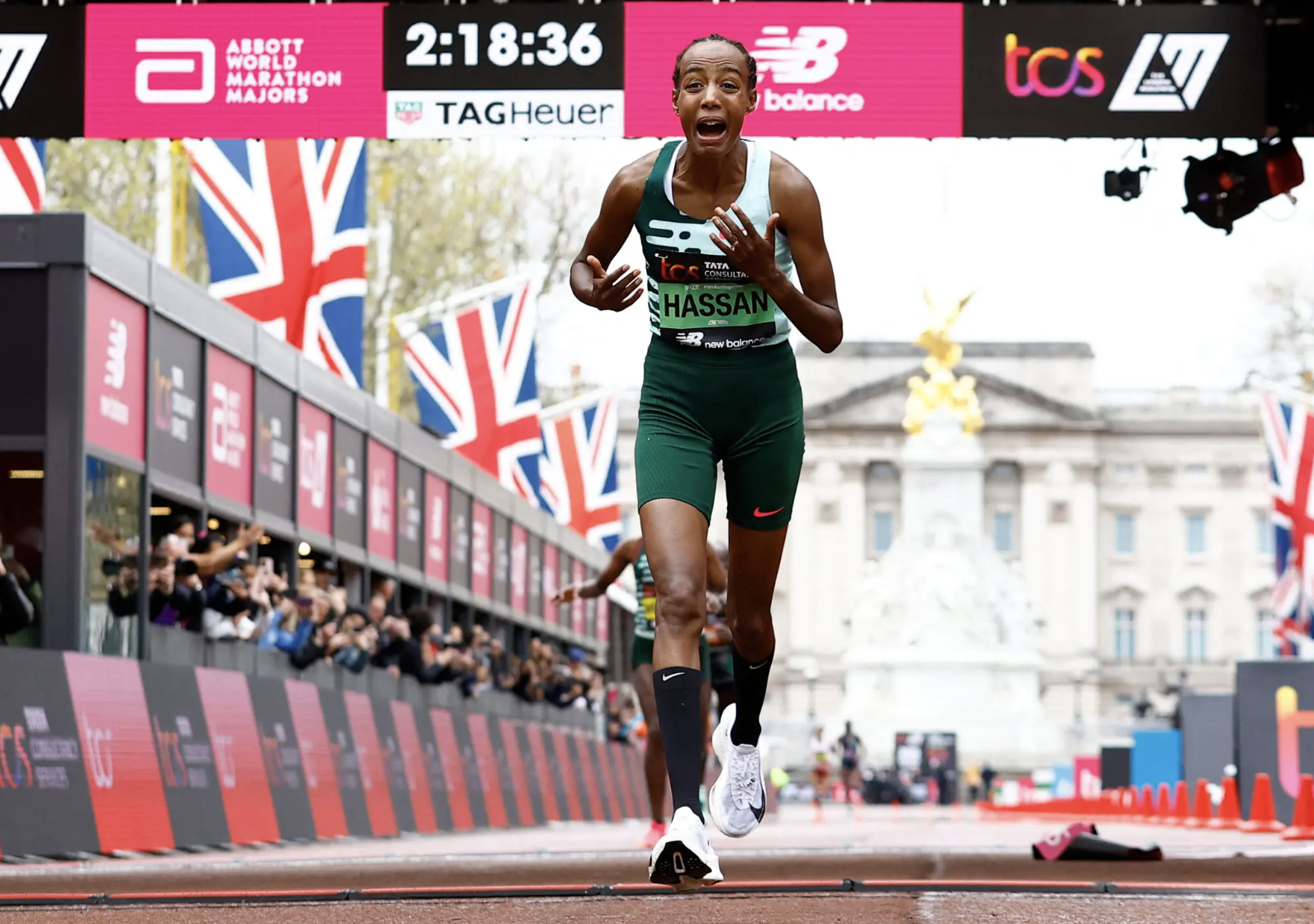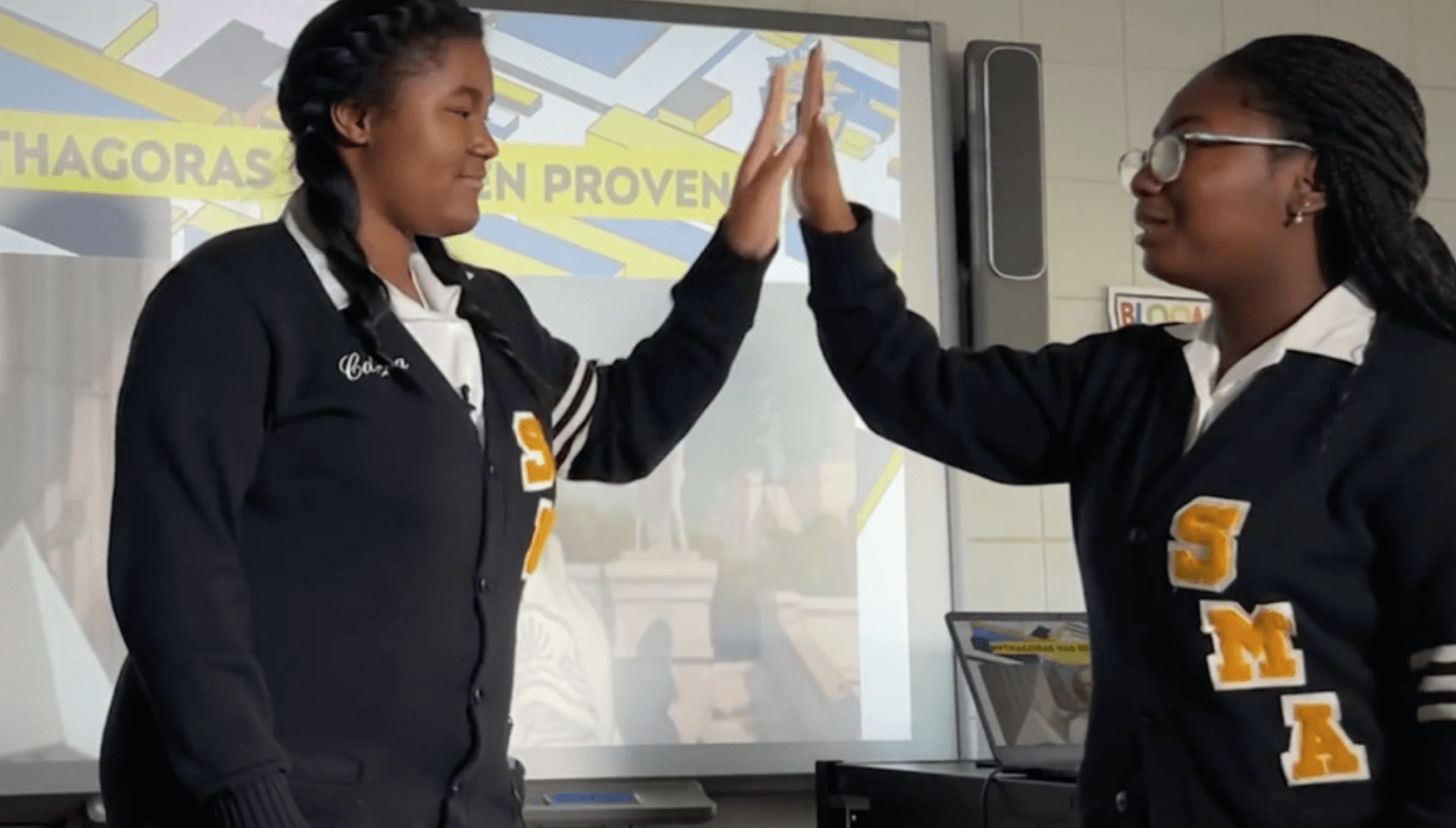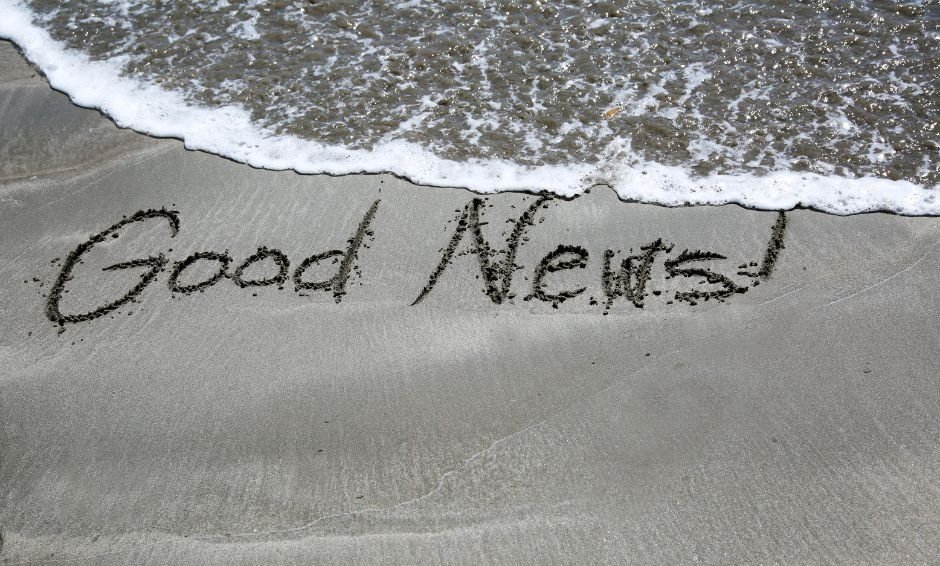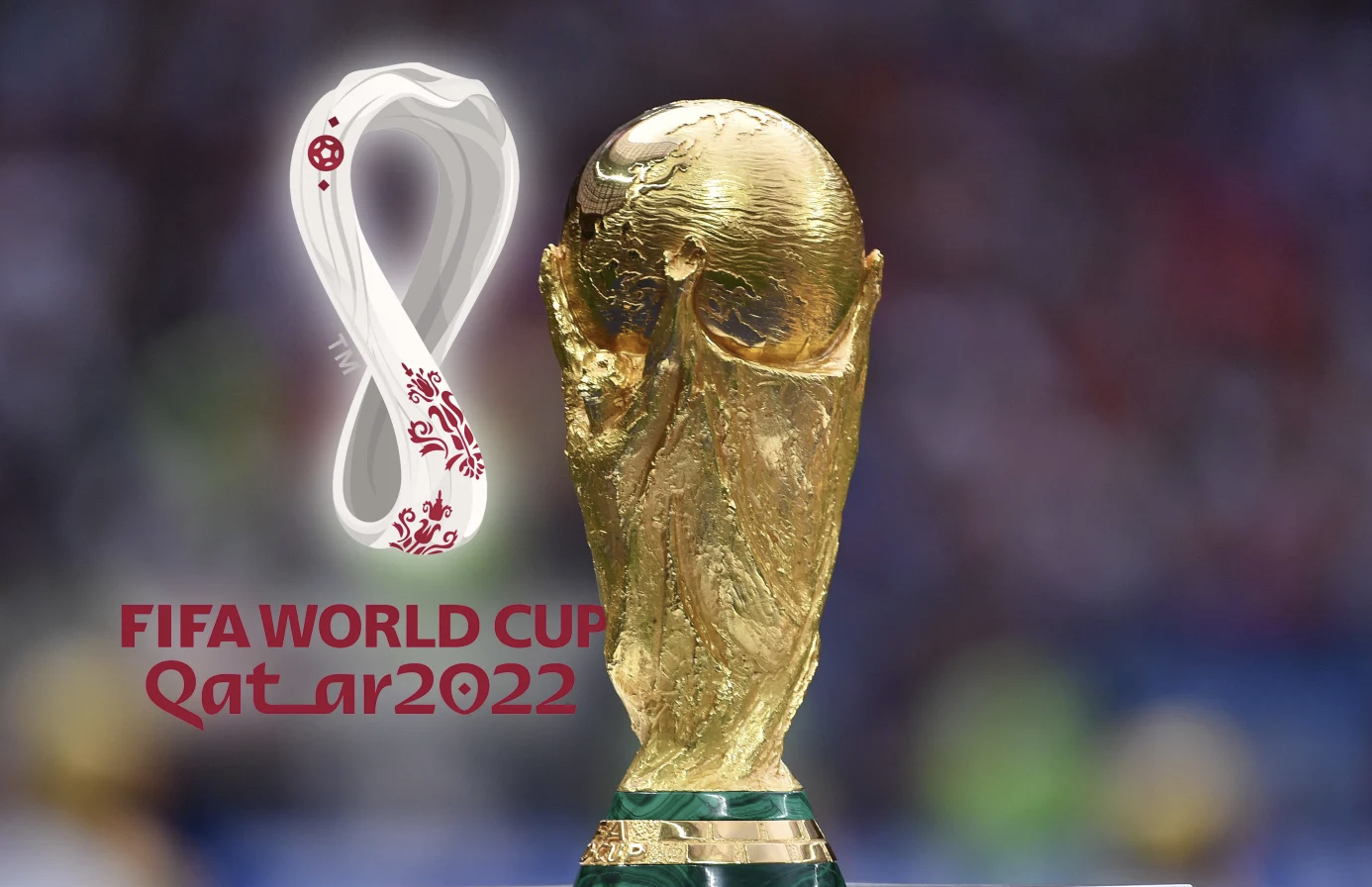The Hip Hop Dilemma
Image: Newsweek
To be a Black woman and a hip hop fan often means to be in a constant state of dilemma. Do you continue to consume music that you love, choosing to ignore the many historically problematic lyrics and actions of the industry's biggest artists; or do you turn a blind eye and choose to separate the music from the artist? The latest example of a long history of the industry’s disrespect towards women in particular, was in open display with the fanfare that surrounded the recent album releases of arguably two of the biggest hip hop artists of the moment.
First came Donda - Kanye’s fans' excitement was at an all time high following a series of release date delays and supersized listening parties. At his third event held at Chicago’s Soldier Field, in true Kanye fashion, he leaned into his ability to create a social media moment setting himself on fire and bringing out Kim Kardashian in a wedding dress. But most notable was his decision to also bring both Da Baby and Marilyn Manson on stage. Still embroiled in the fallout from his ignorant stage rant where he managed to perpetuate misinformation, disrespect women, LGBTQI individuals and people living with HIV/AIDS, Da Baby’s stock was at an all time low. Marilyn Manson on the other hand is currently facing multiple allegations of sexual and physical abuse against several women.
About a week later, Drake released Certified Lover Boy, setting off an online avalanche of debates about who among the two had the better album and holds the GOAT title. Not mentioned in many of these industry headlines was the fact that Drake had made the decision to include a sample from R. Kelly in his song TSU, garnering him a writer's credit and by extension a means to profit from a portion of the massive success of the album.
As usual, every excuse in the book was thrown around in multitudes of Instagram comments and Twitter think pieces: “Kanye was just trying to make a statement about cancel culture”; “R. Kelly wasn’t even in the song like that”; “why are y’all so sensitive, move on”.
Unfortunately, this isn’t the first nor will it be the last time that something like this happens - Rick Ross rapping nonchalantly about slipping roofies to unsuspecting women; Fabolous literally knocking out Emily B’s teeth; Kodak Black being accused of sexually assaulting a teenager - we’ve been around this block many times before.
Male hip hop artists are always held to a different standard than their female counterparts and rarely held accountable for their actions outside of the recording studio. In fact, generally their record streams and ticket sales tend not to suffer significantly from their indiscretions. Despite this, it is notable that many among their sympathizers and staunchest supporters are in fact the same Black women that have been perpetually disrespected by some of the industry’s greats.
The levels of hypocrisy are significant and the cultural dynamics remain complex, but based on the huge success of both these recent albums, it doesn’t seem like many heavy hitters in the industry are interested in engaging in these difficult discussions. However, for those of us that fall into the category of hip hop fan and believer in respect for women without caveat, the question still remains: at what point will the lack of accountability and constant disrespect for women in the hip hop industry end, and what does it really mean?
SHOP THE CHANGEMAKER COLLECTION




